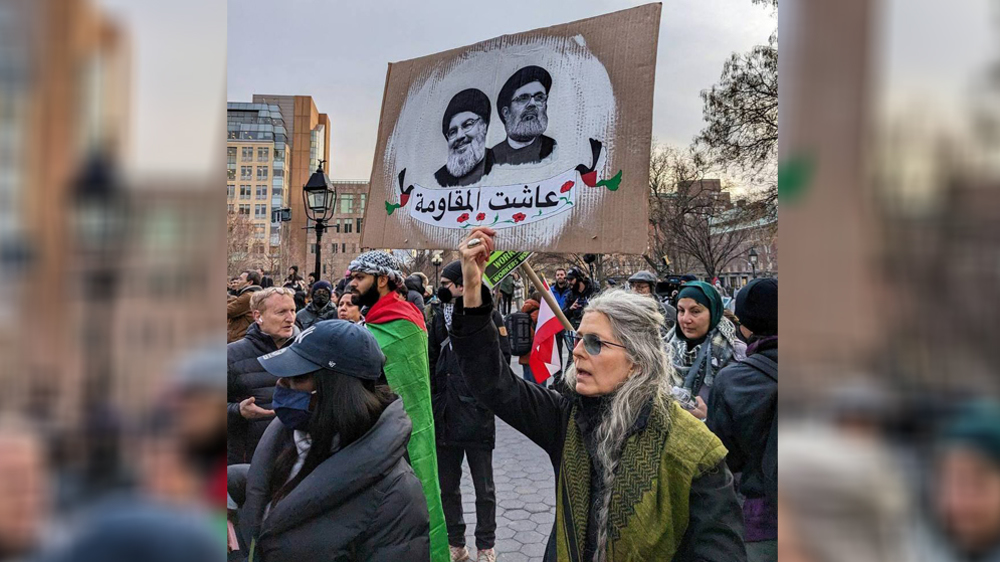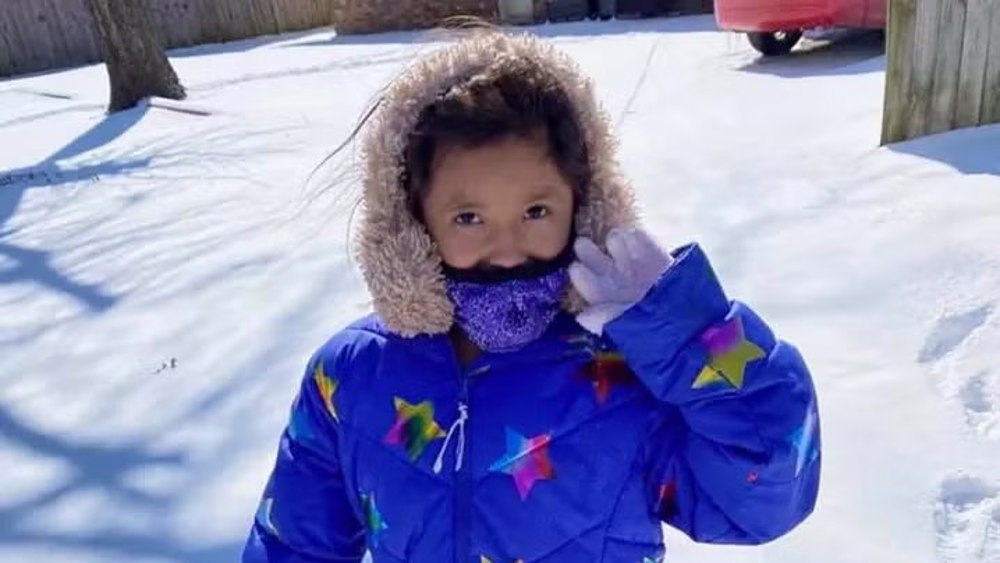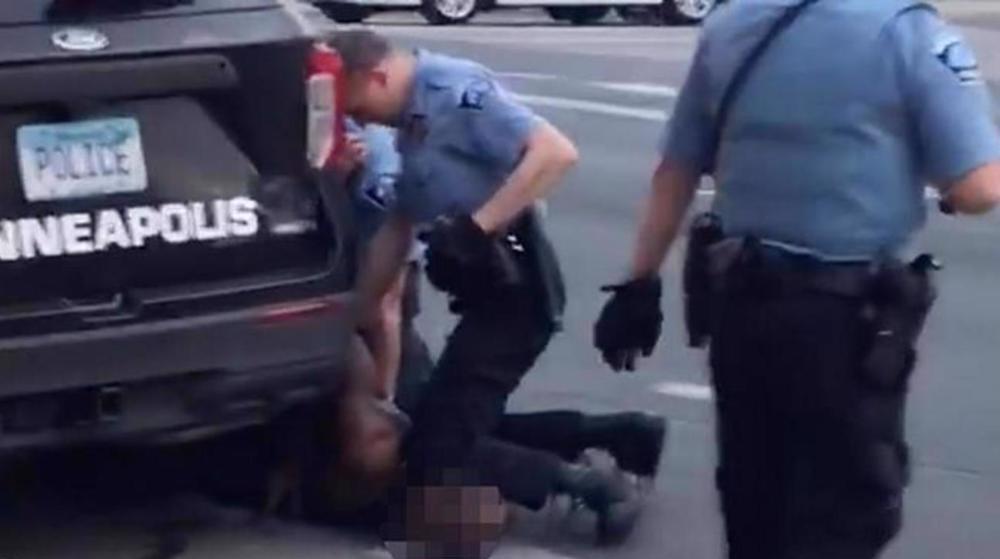Half Republicans think Chauvin was wrongly convicted, poll suggests
Nearly half of the Republican voters in the US believe that former Minneapolis police officer Derek Chauvin was wrongly convicted of the murder of George Floyd, a new poll shows.
The CBS News/YouGov poll was released as Chauvin was about to be sentenced on June 16 after being convicted in the murder.
Maryland AG to review all death reports produced by former medical examiner David Fowler who testified Chauvin did not kill George Floyd. “His testimony and conclusions were so outside the bounds of accepted forensic practice that all his previous work should come into question.” pic.twitter.com/xy8JC3JqRP
— Mike Sington (@MikeSington) April 24, 2021
Forty-six percent of GOP respondents said the Hennepin County jury reached the "wrong verdict.”
Ten percent of Democrats also had the same idea but among all respondents, 75 percent said the jury reached the right verdict while 25 percent said it did not.
The 25 percent also said they strongly disagreed with the ideas of the Black Lives Matter movement.
Ma’Khia Bryant should be alive today. Instead of using de-escalation techniques, we continue to see the police shooting and killing Black and Brown people.
— Rep. Pramila Jayapal (@RepJayapal) April 24, 2021
We MUST eliminate the filibuster, pass the George Floyd Justice in Policing Act, and save lives.https://t.co/IYrVSR3daS
Chauvin is facing a maximum sentence for second-degree murder of up to 40 years in prison although the years could lesson to 15 years over his lack of criminal record.
He was convicted in the high-profile trial after putting his knee on the back of Floyd's neck for nearly 10 minutes during an arrest in Minneapolis on May 23, 2020.
You have the right to film police. Here's how to do it effectively — and safely.
— Kyle Griffin (@kylegriffin1) April 24, 2021
Smartphone video was critical in convicting Derek Chauvin of murdering George Floyd. Here's five practical and technical lessons for using your camera to bear witness. https://t.co/FT3EYH0VUI
The names of the jurors who found him guilty of all three charges have been sealed by the court for at least six months.
“It’s been a slow and constant march toward this, and if in the end no one knows who’s on the jury, people can lose faith in the system and see it as a faceless machine,” Gregg Leslie, executive director of the First Amendment Clinic at Arizona State University’s law school in Phoenix was cited as saying by the USA. “Protecting privacy on a blanket basis will undermine the idea of an open and accountable society.”

Trump rescinds arms sales regulation in favor of Israel, sources say

NYC vigil for Hezbollah martyrs: Attendees say anti-imperialism struggle transcends borders

11-year-old in US takes her own life after being bullied over family’s immigration status
Iranian flotilla makes port call in India with 'friendship message'
How UK counter-terror police colluded with Zionists to detain me after Beirut trip
Biden, Blinken, Austin referred to ICC over Gaza war crimes
EU will 'do the same' if US implements tariff hikes: France
VIDEO | Press TV's news headlines
British celebrities condemn BBC removal of Gaza documentary
Iran Army acquires tactical vehicles, audio surveillance systems
VIDEO | UK police detain anti-Zionist scholar upon return from Lebanon







 This makes it easy to access the Press TV website
This makes it easy to access the Press TV website